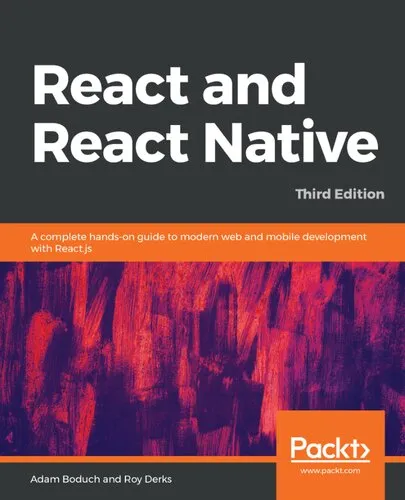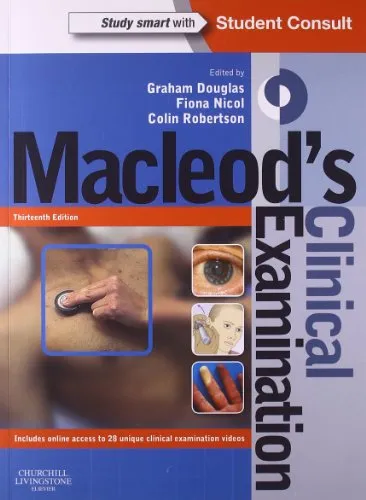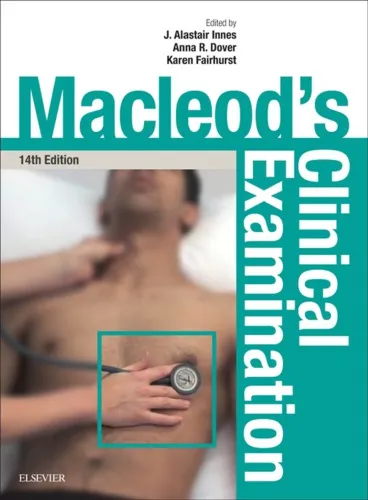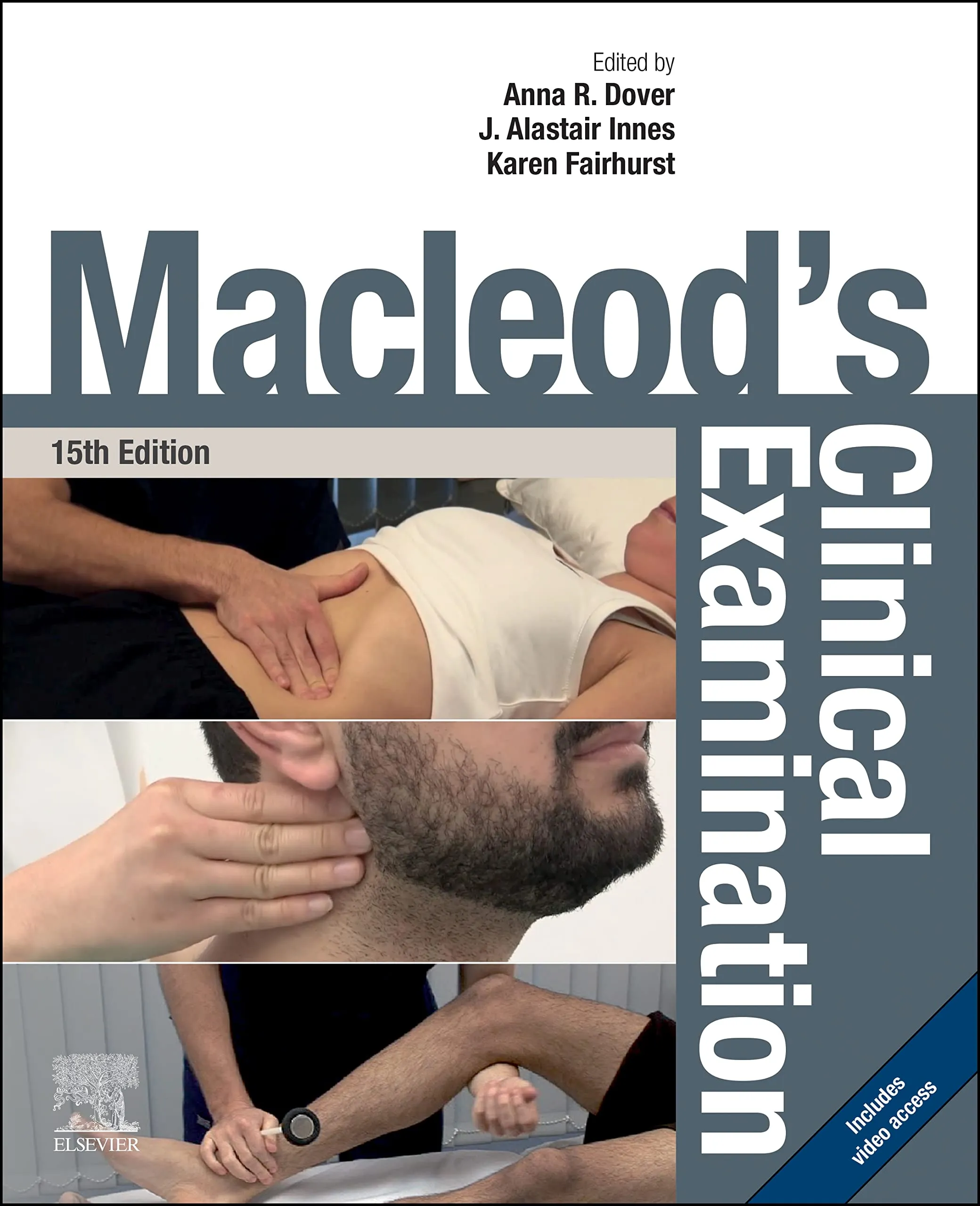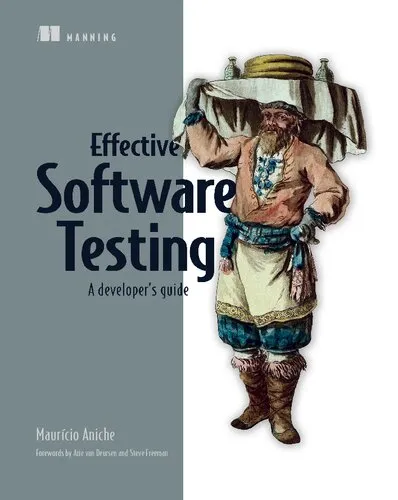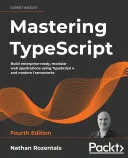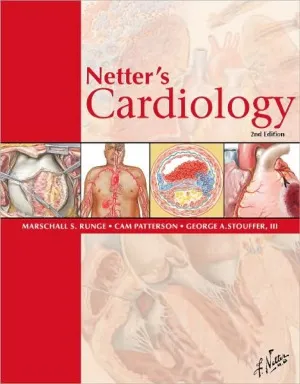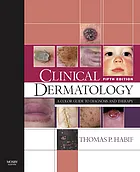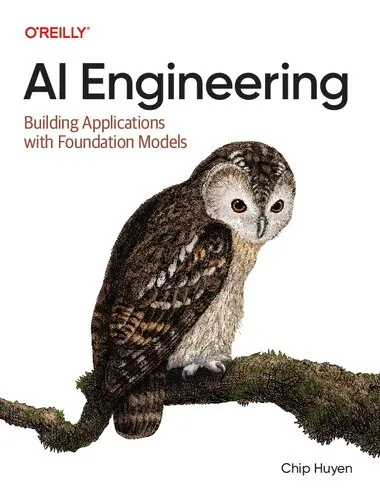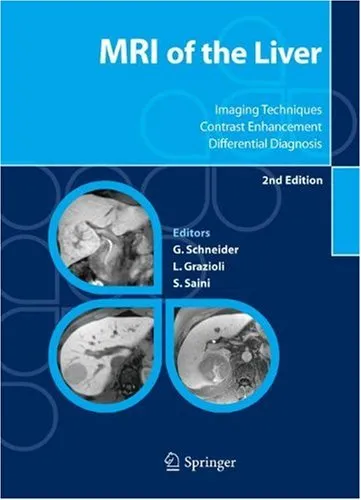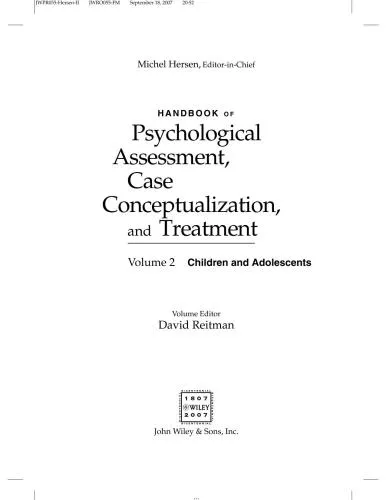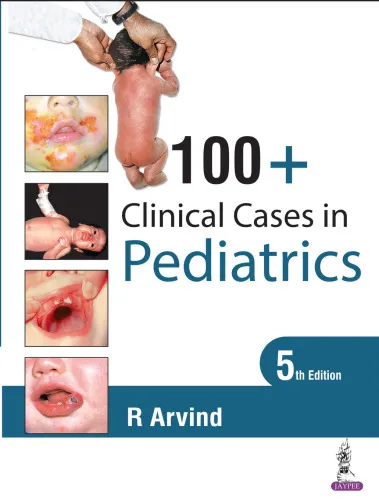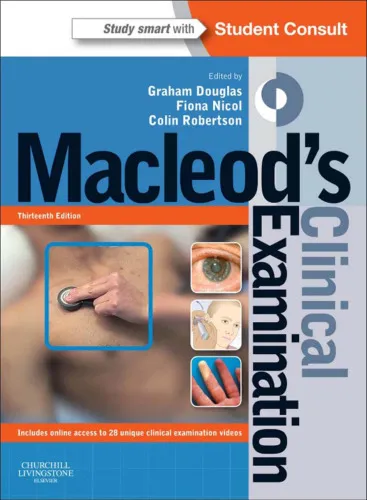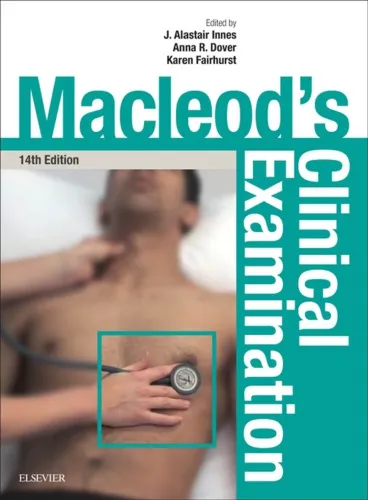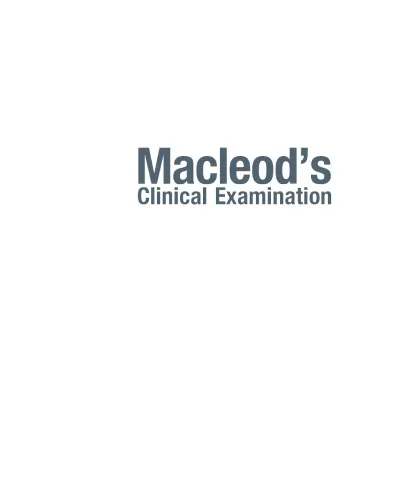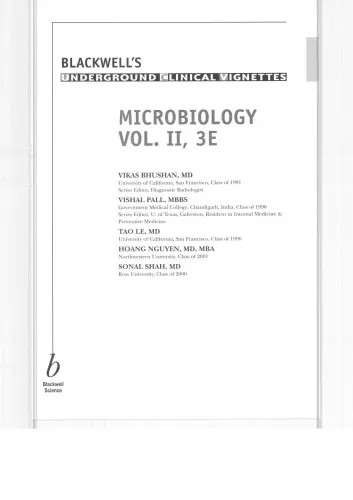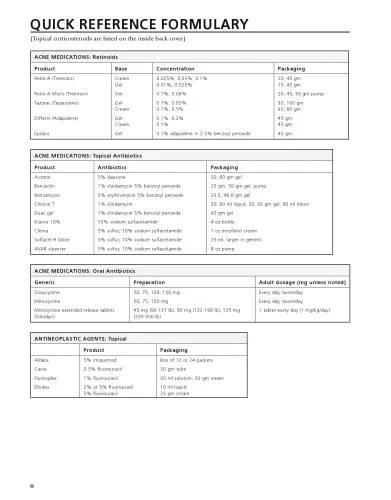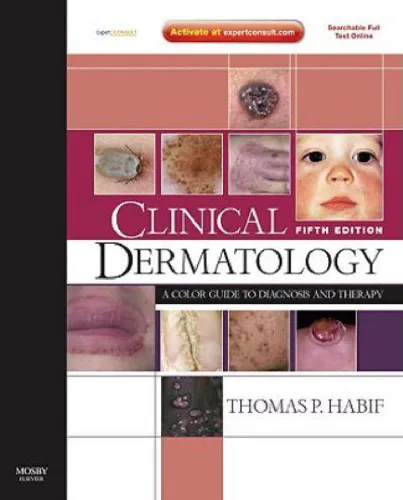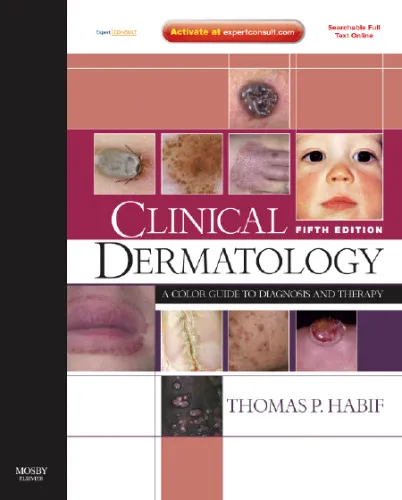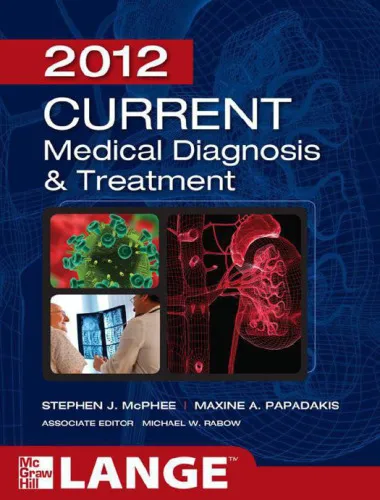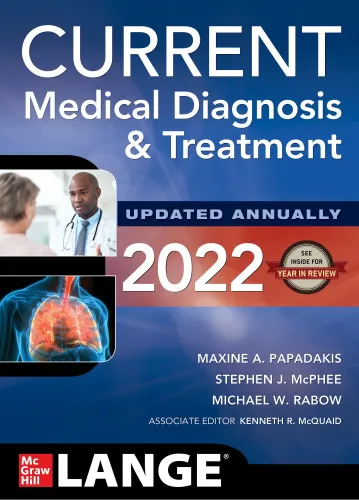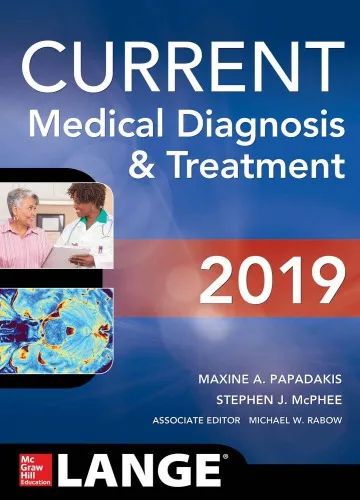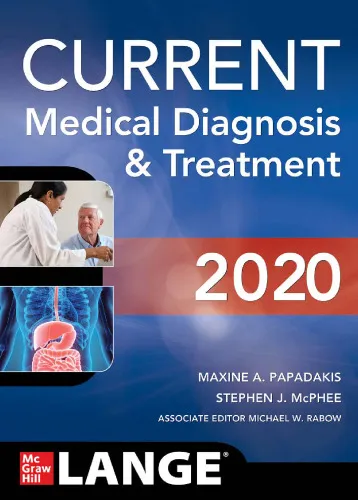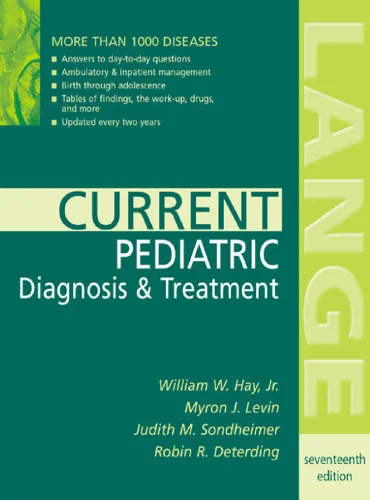Pediatric Radiology
4.4
Reviews from our users

You Can Ask your questions from this book's AI after Login
Each download or ask from book AI costs 2 points. To earn more free points, please visit the Points Guide Page and complete some valuable actions.Related Refrences:
Analytical Summary
The book Pediatric Radiologypp.5—9, authored by O. Eklöf, J. Hald, and B. Thomasson, represents a focused segment of a larger, authoritative text on pediatric imaging. Pages 5 through 9 concentrate on early foundational principles in the visualization of anatomy and pathology in children. This section bridges the theoretical underpinnings of medical imaging with the practical nuances encountered in pediatric radiology.
Given the evolving nature of pediatric imaging techniques, the authors integrate clinical relevance with technical depth. The content elegantly combines discussions on positioning, radiation safety, modality selection, and interpretation of images. This analytical stretch from page 5 to page 9 situates readers firmly in the context of understanding why pediatric radiology demands a unique approach distinct from adult imaging due to the physiological differences in growing bodies.
While the publication year is information unavailable due to no reliable public source, the material remains timeless in its emphasis on accuracy, patient safety, and diagnostic precision. Professionals and academics will appreciate the balance between concise explanations and data-driven insights, ensuring that the knowledge offered here can be applied across clinical, educational, and research contexts.
Key Takeaways
Readers of Pediatric Radiologypp.5—9 gain both practical and theoretical benefits, allowing a deeper understanding of child-specific diagnostic protocols.
First, the importance of tailoring imaging modalities to pediatric patients is underscored, noting that factors such as radiation dose, image clarity, and patient cooperation must be managed differently than in adult cases.
Second, the text highlights steps to minimize discomfort while ensuring diagnostic integrity, integrating the latest pediatric imaging techniques and safety guidelines.
Third, the authors emphasize multidisciplinary collaboration, showing how pediatric radiologists, technologists, and referring clinicians can work together to optimize patient care.
Fourth, the reader is introduced to systematic methodologies for interpreting pediatric radiographic findings with heightened sensitivity to developmental stages.
Finally, there's an invitation to think critically about future advancements, encouraging adaptation as technology and clinical practices evolve.
Memorable Quotes
“In pediatric radiology, image clarity must never come at the cost of safety.”Unknown
“Understanding the child patient requires both clinical skill and empathy.”Unknown
“Every radiograph tells a story; in pediatrics, it’s often one of growth and change.”Unknown
Why This Book Matters
Pediatric Radiologypp.5—9 matters because it zeroes in on the critical early chapters where foundational protocols and ethics in pediatric imaging are introduced.
In a medical domain where precision and safety converge, this part of the book is crucial for training new radiologists and refreshing the skills of seasoned professionals. The secondary keywords — pediatric imaging techniques and diagnostic approaches in child radiology — are deeply intertwined throughout this section, reflecting its comprehensive nature.
By focusing on the earliest principles in imaging children, the authors provide a moral and technical compass that guides practitioners through both routine and complex cases. The inclusion of safety-first methodology, age-specific anatomical knowledge, and collaborative frameworks demonstrates the inherently multidisciplinary quality of pediatric radiology.
Inspiring Conclusion
Exploring Pediatric Radiologypp.5—9 is more than reading a book — it is engaging with the ethical and technical heart of pediatric imaging.
This section invites radiologists, medical students, and researchers to reflect on the nuances of caring for young patients while achieving exemplary diagnostic accuracy. By integrating pediatric imaging techniques with a philosophy of safety and empathy, the work continues to be a reference point in professional education.
Whether you are revisiting core principles or encountering them for the first time, take the next step: read deeply, share insights with peers, and discuss how these pages can inform evolving best practices in pediatric care.
Free Direct Download
You Can Download this book after Login
Accessing books through legal platforms and public libraries not only supports the rights of authors and publishers but also contributes to the sustainability of reading culture. Before downloading, please take a moment to consider these options.
Find this book on other platforms:
WorldCat helps you find books in libraries worldwide.
See ratings, reviews, and discussions on Goodreads.
Find and buy rare or used books on AbeBooks.
1641
بازدید4.4
امتیاز0
نظر98%
رضایتReviews:
4.4
Based on 0 users review
Questions & Answers
Ask questions about this book or help others by answering
No questions yet. Be the first to ask!
